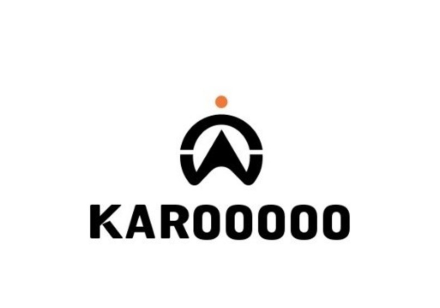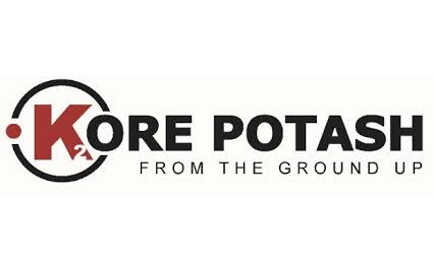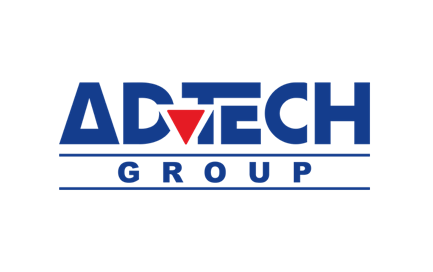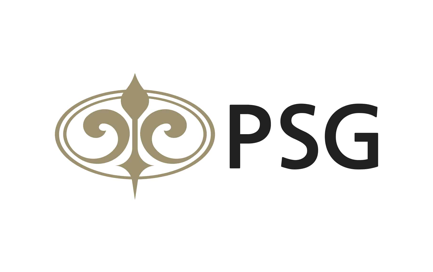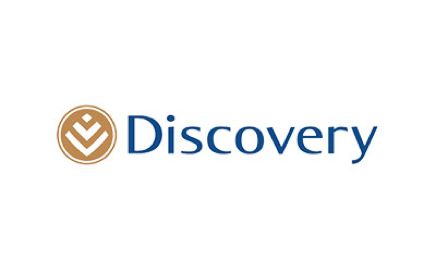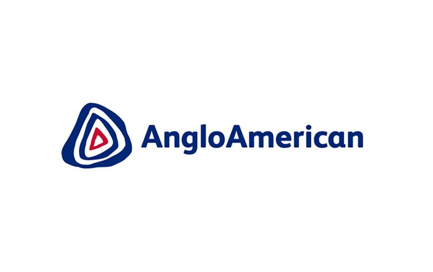Listen to the latest episode of Ghost Wrap here, brought to you by Mazars:
The new car market is finally cracking (JSE: CMH)
This had to happen eventually
I’ve been shaking my head a few times in the past couple of years, not least of all at the state of the new car market in South Africa. With runaway inflation and new car prices that will make your eyes bleed while reading them, I couldn’t understand how so many South Africans can afford a new car.
Sooner or later, this little bubble needed to pop. I don’t think it’s popped yet, but signs of stress are there.
In the six months ended August, Combined Motor Holdings (CMH) reported a drop in HEPS of 12.9%. The dividend is 13.1% lower. We need to dig deeper to understand what is going on, but that certainly sets the scene.
Predictably, motor retail is where the real pressure sits. Global manufacturers are suddenly flooded with stock as supply chains played catch-up at the same time that demand fell away. This pressure flows down into the dealer network, with a requirement to push volumes. This can only mean one thing: great deals on new cars, which directly hits margin.
There isn’t exactly much margin to start with. In the comparable period, operating margin was 3.5%. Although revenue is up 7.2%, operating profit is down 25%. This means that operating margin is now just 2.45%. Ouch.
What isn’t helping is a weaker used car market, as well as the impact of lower mileage on service costs. Aside from hybrid working arrangements, a much higher fuel cost also incentivises less driving, with a direct impact on workshop revenue.
As a final point on the motor retail business, this operating profit number is before finance costs. With much higher interest rates, those costs have ballooned from R39.7 million to R72.2 million. Profit before tax has thus more than halved, dropping from R157.8 million to R77 million.
The car hire business has a much better story to tell, with profits up 12%. Revenue increased by 21% though, so you can immediately see that there is margin pressure, not least of all in terms of the cost of holding the cars. Interestingly, car hire is now making much higher profits than motor rental, with profit before tax of R137.3 million in this period.
To show you just how different the margins are, car hire is more profitable than motor retail in absolute terms, despite having revenue of R447 million vs. a whopping R6.1 billion in motor retail!
The financial services segment also helped offset some of the pain, growing profit from R30.5 million to R34 million.
The prospects section of the announcement doesn’t do much to inspire confidence, with no obvious improvements to operating conditions going forward. The company believes that manufacturers will take at least 6 months to balance inventory levels, so the pressure to push volumes isn’t going away.
Severe discounting isn’t good for the rental business either, as retired vehicle values (i.e. when they are sold at the end of their life as rentals) are under pressure. Encouraging signs for the upcoming summer tourist season are useful, but the entire business is clearly facing pressure at this point in the cycle.
Karooooo has remembered what it should be focusing on (JSE: KRO)
And guess what? The core business is doing well!
Karooooo (the owner of Cartrack) has released results for the second quarter. At its core, this business is all about selling subscriptions for fleet management, which means recurring income that should grow by double digits for a long time to come.
But for a while, I was worried that the company had lost its way.
After all, why on earth would you sell the market a growth story about global fleet management and then invest in building a local used car chain called Carzuka? Thankfully, they are taking the bazooka to Carzuka and getting out. It was a silly idea, but I’ll give them credit for giving up before destroying too much value. This is why investing in a founder-led company can be safer than one with professional managers who might be willing to roll the dice with Other People’s Money for far longer.
With Cartrack subscribers up 15% and total revenue up 17% on a constant currency basis (or 21% in ZAR), things are looking up for the business. Importantly, cash generated from operations grew by 26%. Although the revenue is recurring in nature and good for cash flow, the challenge is that the cost of devices fitted to vehicles can be a real drag on cash flow. It’s a bit like cellphone companies, which must buy the handsets up-front and recoup the cost over the period of a contract.
Group earnings per share grew by 14%.
To give some context to the core business vs. the rest, Cartrack reported adjusted EBITDA of R417 million for this quarter and Carzuka lost R12 million. Karooooo Logistics (which includes acquired group Picup) reported adjusted EBITDA of R8.1 million.
If you ever wondered what a range bound share price looks like, wonder no more:
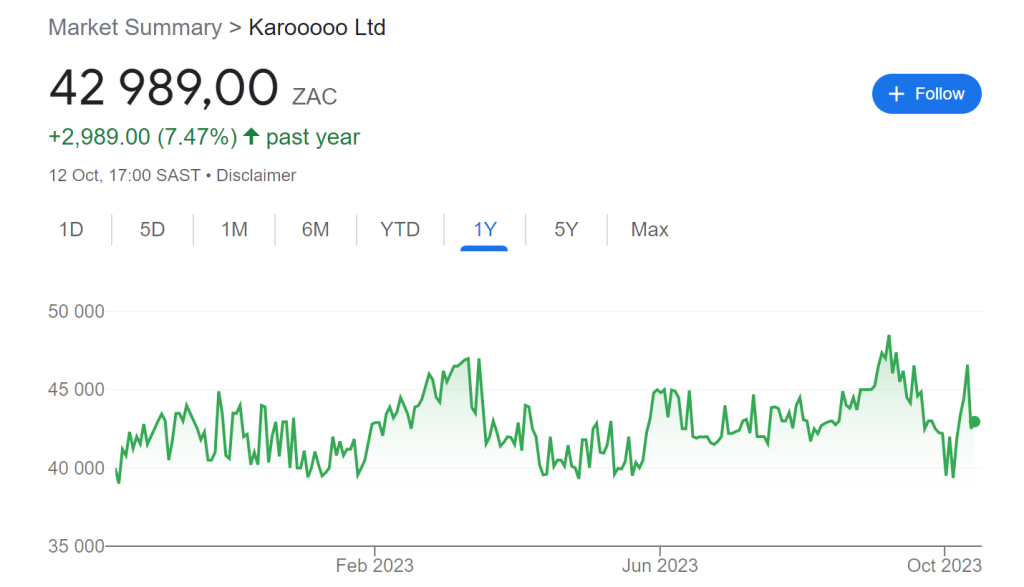
Kore Potash’s quarterly report doesn’t have new news (JSE: KP2)
But if you want to get up to speed on the company, this is the way to do it
Kore Potash has released its quarterly report for the three months ended September. If you know nothing about the company, it’s a really good summary of the key focus areas. If you’ve been following the story, there doesn’t seem to be anything new.
Long story short, the company is fully focused on the Engineering, Procurement and Construction (EPC) contract for the construction of Kola. SEPCO Electric Power Corporation is the counterparty. SEPCO’s parent company, PowerChina, is required to provide typical guarantees for a contract of this nature.
In working towards this, PowerChina has subcontracted five technical groups for additional design and engineering work, as they need to be very sure about what they are committing to. This will cost over $10 million, with Kore Potash’s contribution capped at $5 million. An initial payment of $1 million has been made and the rest is contingent on further fund raises by the company and SEPCO delivering an EPC contract.
Moving on from the operations to the balance sheet, the Summit Consortium signed a memorandum of understanding all the way back in April 2021 to provide a debt and royalty financing proposal to Kore Potash. The commitment remains, with the company expecting to provide a financing proposal for the full construction cost within six weeks of EPC terms being finalised.
To add to all these moving parts, the company seems to enjoy the support of the Minister of Mines in the Republic of Congo – at least for now. That relationship hasn’t always been smooth sailing, so investors are always keeping an eye on this.
The company has $1.1 million in cash as at the end of September, which shows just how important the recent capital raise of $0.8 million was.
Little Bites:
- Director dealings:
- A director of ADvTECH (JSE: ADH) has sold shares worth R3m.
- Des de Beer has bought shares in Lighthouse Properties (JSE: LTE) worth R1.2m.
- PSG Financial Services (JSE: KST) has announced the appointment of Edward Gibbens as CEO of PSG Distribution. He has 30 years of experience at Santam and will join from April 2024 to replace out the outgoing CEO of the division who is retiring.
- Discovery (JSE: DSY) also has some executive leadership changes to announce, with Dr Ronald Whelan taking over as CEO of Discovery Health (he is the current deputy CEO) and Nonkululeko Pitje appointed as CEO of Discovery Corporate & Employee Benefits, a new business unit that puts group risk, umbrella funds, HealthyCompany and whatever the “Strategic Client Solutions Hub” is into a single unit.
- Anglo American (JSE: AGL) has appointed Matt Walker as CEO of the Marketing business, which is the primary interface with industrial customers. He replaces Peter Whitcutt who is stepping down after 33 years of service.




